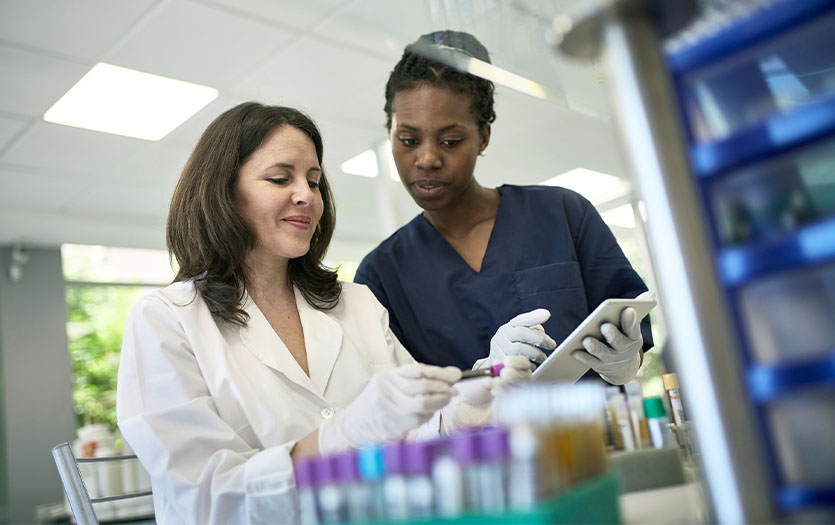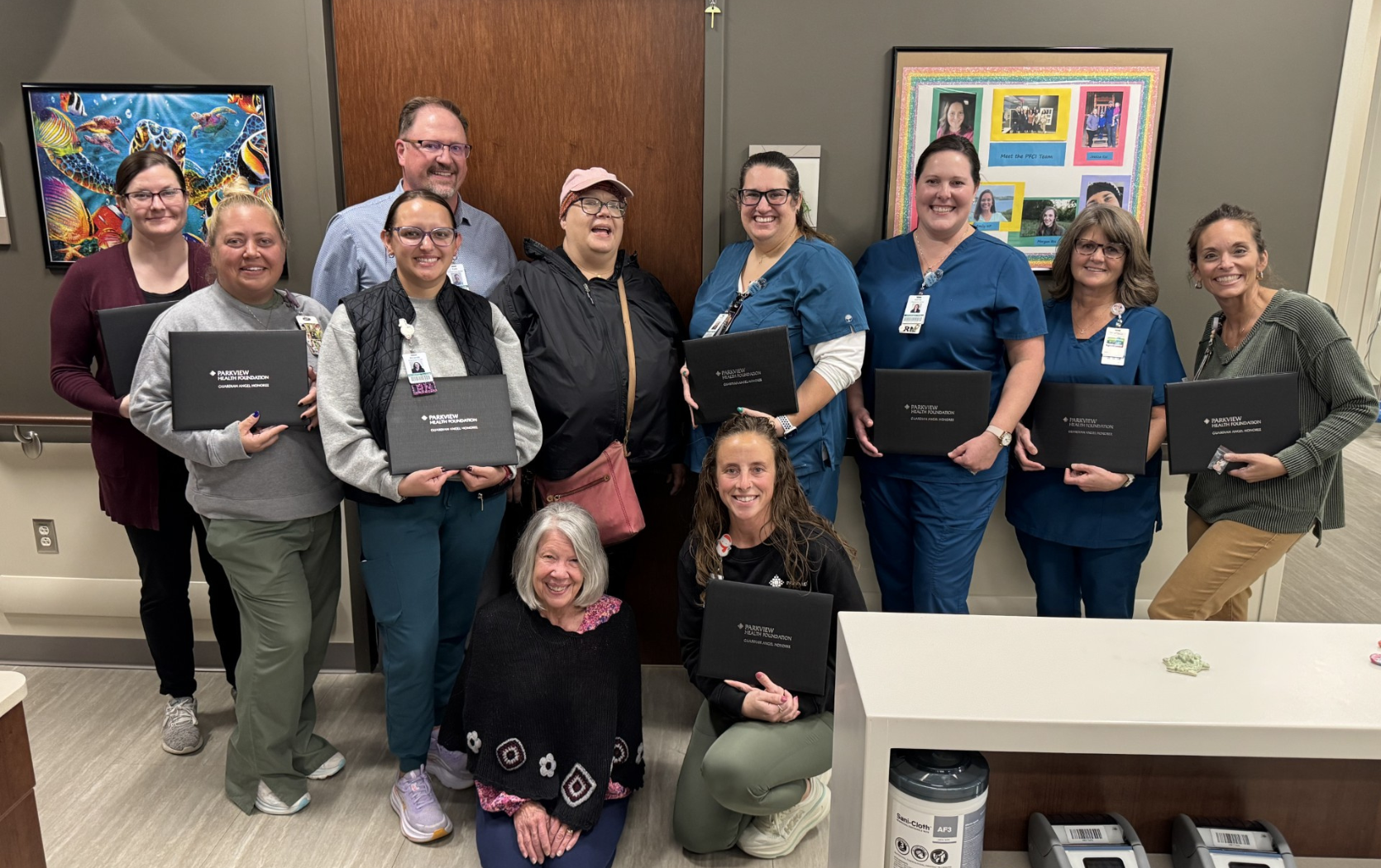
This post was written by William Borders, NP, PPG - Family Medicine.
Sexually transmitted infections (STIs) have been present throughout human history, with documented evidence dating back to early antiquity, including Ancient Greece and early Hebrew biblical texts, as far back as 3000 years ago. Despite centuries of awareness, these infections remain a public health challenge today. In this post, we'll examine the social impact of STIs, common symptoms, prevention strategies, and available testing and treatment resources.
Impact
The burden of STIs comes at a significant cost to society. Beyond the personal experience of infection, there is an evident community and national financial burden. Here's what the numbers tell us:
-
Nearly 20 million Americans develop an STI yearly. Some of these individuals will contract life-altering conditions, like Human Immunodeficiency Virus (HIV).
-
Over 50% of these infections occur among adolescents and young adults between 15 and 24.
-
In 2018 alone, an estimated 1 in 5 Americans was diagnosed with an STI, totaling $16 billion in treatment costs.
Transmission
Simple infections, like the common cold, are spread through body fluids from the mouth, nose and colon. A cough in the air, a dirty tissue or touching a soiled bathroom door handle can spread infection.
In contrast, people rarely contract STIs by touching surfaces through hand-to-hand contact. These infections are caused by bacteria, parasites and/or viruses that spread through sexual contact, including vaginal, anal or oral intercourse in any combination.
The most commonly transmitted STIs include:
While not classified as STIs, other infections that can be sexually transmitted include hepatitis C, cytomegalovirus, scabies and pubic lice.
Symptoms
After contracting an STI, individuals may experience a variety of symptoms or none at all, depending on the type of infection. When symptoms do appear, they may include:
-
Abnormal discharge from the penis, rectum or vagina
-
Burning or discomfort with urination
-
Discomfort in the abdomen or pelvis
-
Strange odors from the genitals or groin
-
Pain with sexual intercourse
-
Unusual rashes with a sudden onset
If you experience any of the above symptoms or have concerns, contact your primary care provider for further evaluation.
Slowing the spread
Medical prevention
STI prevention can start in adolescents as early as 9 to 12 years of age for boys and girls. In this demographic, experts recommend vaccines to prevent the HPV virus.
HPV is incredibly common, with more than 80%-90% of the population encountering it in their lifetime. Many people will develop a variety of life-threatening cancers due to exposure. Vaccination can stop the spread and, more importantly, save lives.
While it can be a tricky conversation, educating young people about safe sexual practices helps them make the most informed decisions throughout maturity and into early adulthood.
These posts from the Parkview Dashboard can help guide those conversations:
Although the HPV vaccine is most effective when given before sexual debut, it can still provide protection in adults who have not already been exposed to the virus and against other strains. If you are aged 27 to 45 and unvaccinated, discuss HPV vaccination options with your primary care physician.
In addition to vaccines, the Centers for Disease Control and Prevention recommend PrEP (pre-exposure prophylaxis) for HIV-negative individuals who are at an increased risk of acquiring the infection through sex or injection drug use.
Behavioral prevention
Practicing safer sex habits is essential for reducing the spread of STIs. Here's how you can help protect yourself and others:
-
Routine screening. The frequency of STI testing can vary; however, experts generally recommend annual screening for sexually active individuals and testing between new sexual partners. For more specific guidance, speak with your healthcare provider.
-
Communication is key. If you have sex, you must be willing to talk about safer sex. Consider establishing a solid framework of trust before having sex with a new partner. Talking about healthy sexual practices can bring couples closer together! Being transparent with your primary care physician helps ensure you receive proper guidance for your sexual and overall wellness.
-
Wear barrier protection. Condoms and dental dams are the most effective methods to minimize the spread of infection in sexually active individuals. Remind yourself (and your partners) to always use condoms with every sexual encounter.
-
Limit alcohol and illicit drug use. Being under the influence raises the risk of engaging in non-protective sex, which increases the likelihood of contracting an STI.
Final thoughts
While medical advancements have vastly improved treatment and preventive options for STIs, factors such as social stigma, lack of awareness and barriers to healthcare access continue to fuel their transmission. Whether you have concerns, need a routine test or want to learn more, these community resources are here to support you.
-
Parkview Physicians Group Primary Care and Walk-in Clinics
-
If you need help scheduling an appointment or establishing care with a provider, the Access Center can help. Call any time, at 877-PPG-TODAY or 877-774-8632 for assistance.
-
-
-
Parkview Health Laboratories offers Direct Access Testing (DAT) for select lab STI tests without a physician's order.
-
-
Allen County Department of Health - Medical Annex located at 4813 New Haven Ave., Fort Wayne, IN 46803
-
Call 260-449-7504 and select option #1 to schedule an appointment for STI testing Monday through Friday from 8:00 a.m. to 4:30 p.m.
-
-
Positive Resource Connection located at 525 Oxford St., Fort Wayne, IN 46806
-
In partnership with the Allen County Department of Health, walk-ins for routine screenings are welcome on Tuesdays from 1:00 p.m. to 5:00 p.m.
-
If you have questions about STIs, contact your provider. If you need help establishing care with a family medicine or primary care provider, our Access Center can help by calling 877-PPG-TODAY or 877-774-8632 for assistance. You can also click here to learn more about our primary care providers who are accepting new patients.
To find more sexual and reproductive health resources near you, visit localresources.parkview.com.



